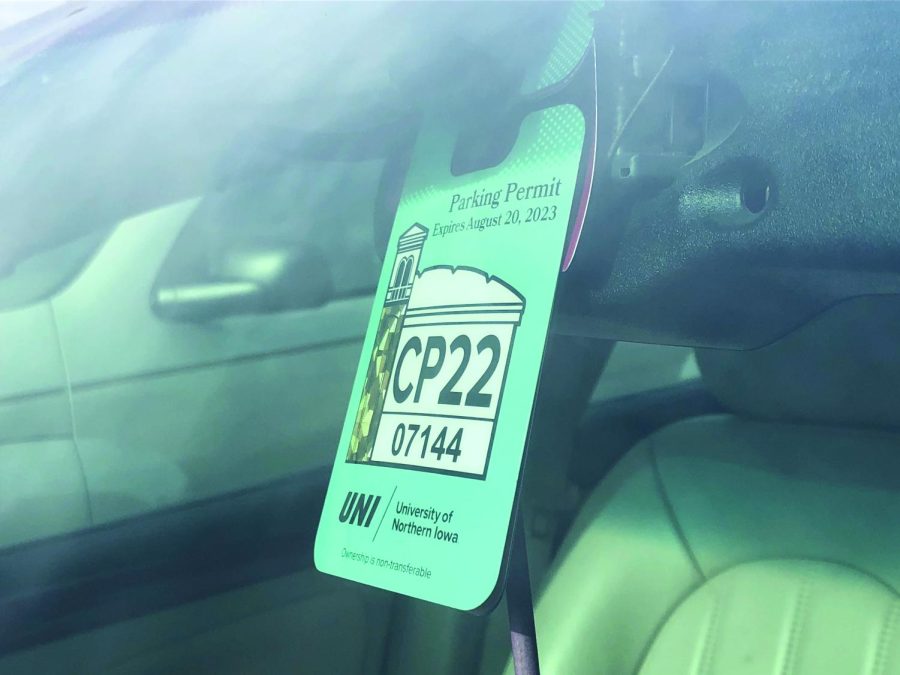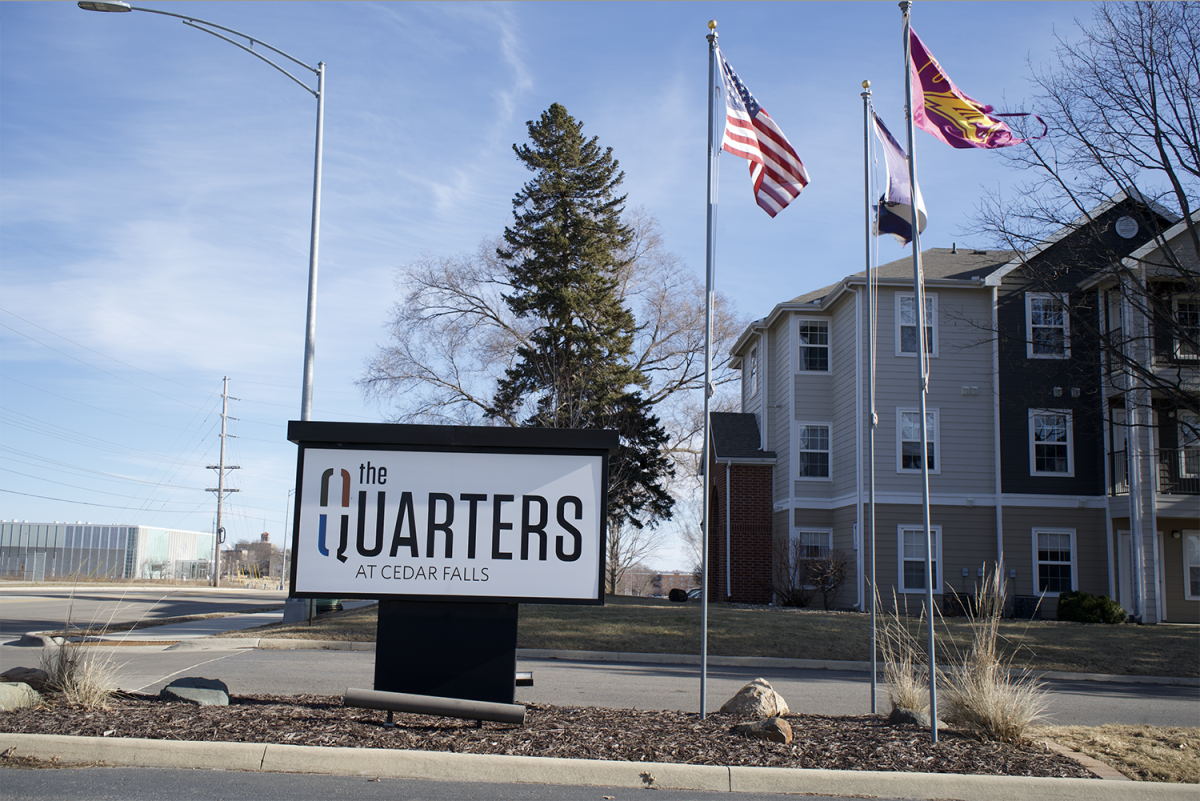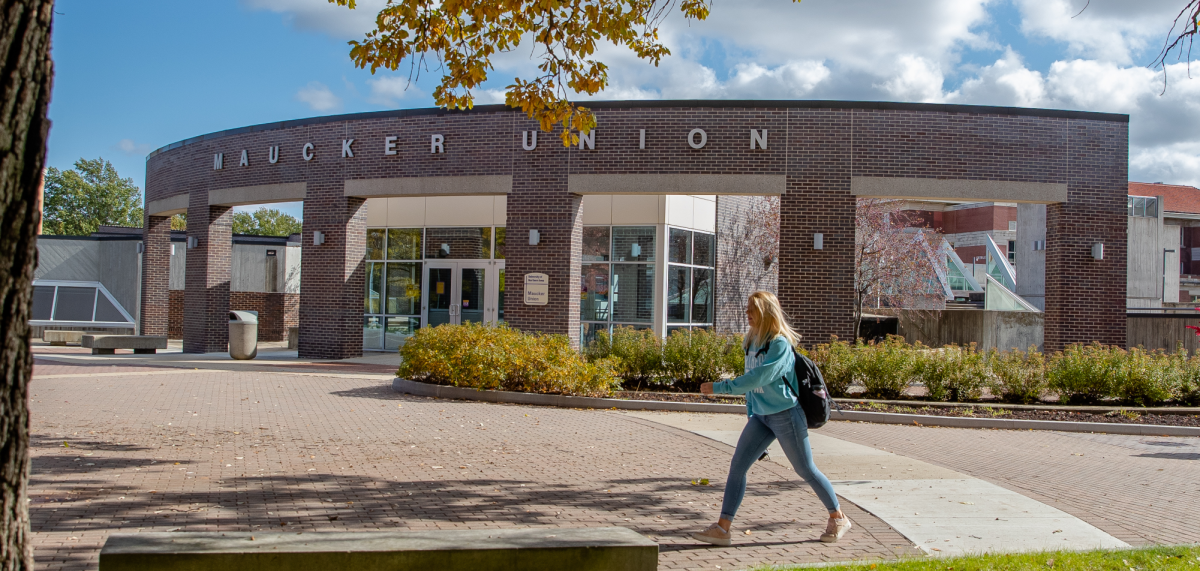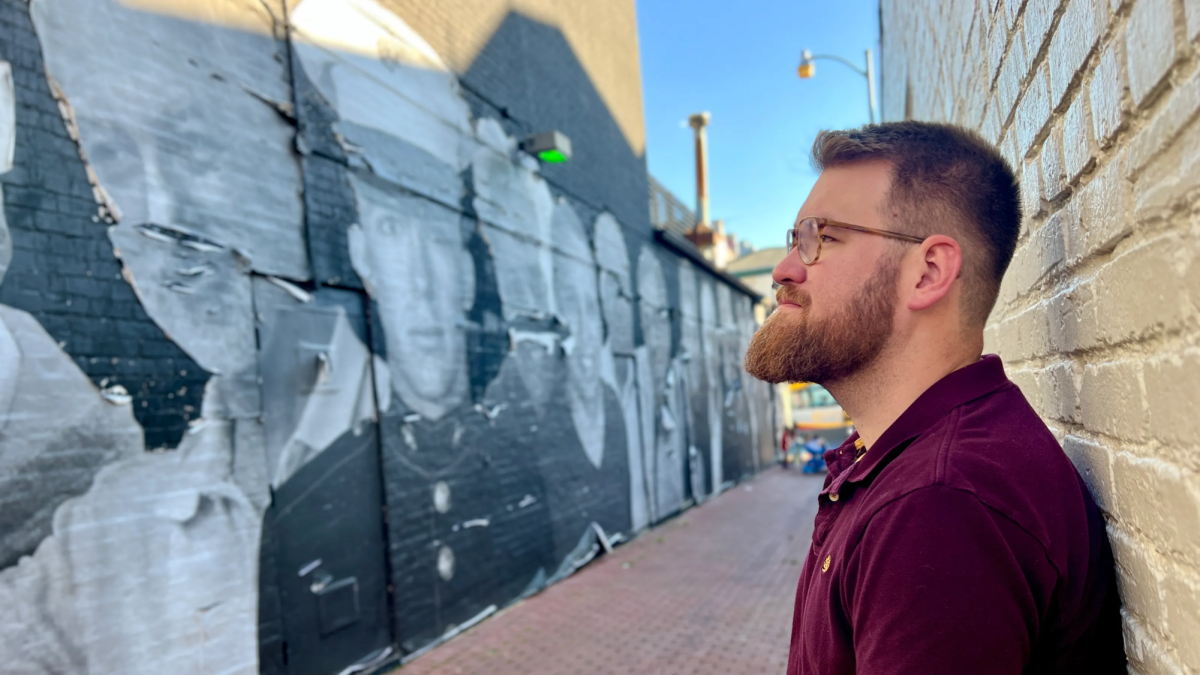Cadets of all ranks traveled together to Camp Ingawanis, a former Boy Scout camp outside of Janesville, IA, to partake in leadership training exercises vital to military duty this past weekend.
The University of Northern Iowa’s ROTC program teamed up with the University of Dubuque’s ROTC program this past weekend to train our serving men and women serving leadership skills necessary to protect the country.
“The biggest thing is for them (cadets) to take what they learned in their classes and see if they can execute it,” said Daniel Yehieli, senior criminology major.
Yehieli, who earned Battalion Commander rank in the ROTC program,was in charge of scheduling and planning the weekend’s training exercises.
The exercises practiced this weekend centered on not only knowing how to be a leader of cadets, but also on being able to be lead.
In the land navigation exercises, MS one and MS two cadets were given maps and protractors to find and plot specific check points to hone their land navigating skills. MS three and MS four cadets also plotted the check points, but were instructed to go out into the designated areas to find those points. The MS three and four cadets then marked the points to prove they were able to find them.
MS stands for Military Science, which is a way to identify ranks among cadets. Four refers to senior-standing status, three refers to junior-standing status, two refers to sophomore-standing status and one refers to freshmen-standing status.
After nightfall, the cadets were allowed red flashlights in a separate night land navigation exercise.
To ensure no cadets were lost, some higher-ranked cadets patrolled the perimeter to visit check points and wander around the designated area.
“It’s my job as Battalion Commander to have to put myself in everyone’s shoes,” Yehieli said. “In the ROTC we’ve moved focusing from evaluating leadership to mentoring leadership.”
The higher-ranked cadets acted as mentors to lower-ranked cadets, evaluating and communicating with them about improving tactics, skills and exercises.
Some MS four cadets received training over this past summer, said Ken Voorhees, senior criminology major and Battalion Supplier. Because the MS fours know what to expect in training, they were in charge of mentoring the MS threes.
As ranks follow, the MS threes mentored the MS twos and ones.
Lieutenant Colonel Glen Keith, department head of military science at UNI, encouraged cadets to do their best, especially against other cadets.
“It’s good to have a little friction, it’s good to have a little heat under the collar,” Keith said.
One of the bigger exercises of the weekend was the Squad Styx Lane exercise.
The Squad Styx Lane exercises taught how to maneuver around and against opposing shooting forces. Cadets practiced both in a field and in a wooded area. MS four cadets acted as opposing forces, using air-soft guns to simulate real shooters. MS three, two and ones practiced surrounding the MS fours, capturing them and giving/receiving orders.
Proper hydration, protection and protocol were stressed in order to ensure cadets receive correct training.
“I like teaching the younger people the knowledge I have,” said Matt Sadler, senior aviation management major at UD. “It’s going to potentially keep them alive if they go to war.”
A Field Leadership Reaction Course training exercise was given on Sunday.
“The scenarios (in the FLRC) gives everyone a chance to lead and solve problems, make and follow decisions,” said Karlee West, senior communication major. West is an MS four.
All of the exercises and classes over the weekend are aimed to play off of each other and build up to execution, West said.
The weekend getaway also taught cadets about rules of engagement, first-aid response, explosive devise training and key leadership engagement.
The intermingling of UNI and UD students provided cadets with experiencing different leadership styles.
“Whether from UNI, U of I or ISU, the kids here are phenomenal,” Keith said.








